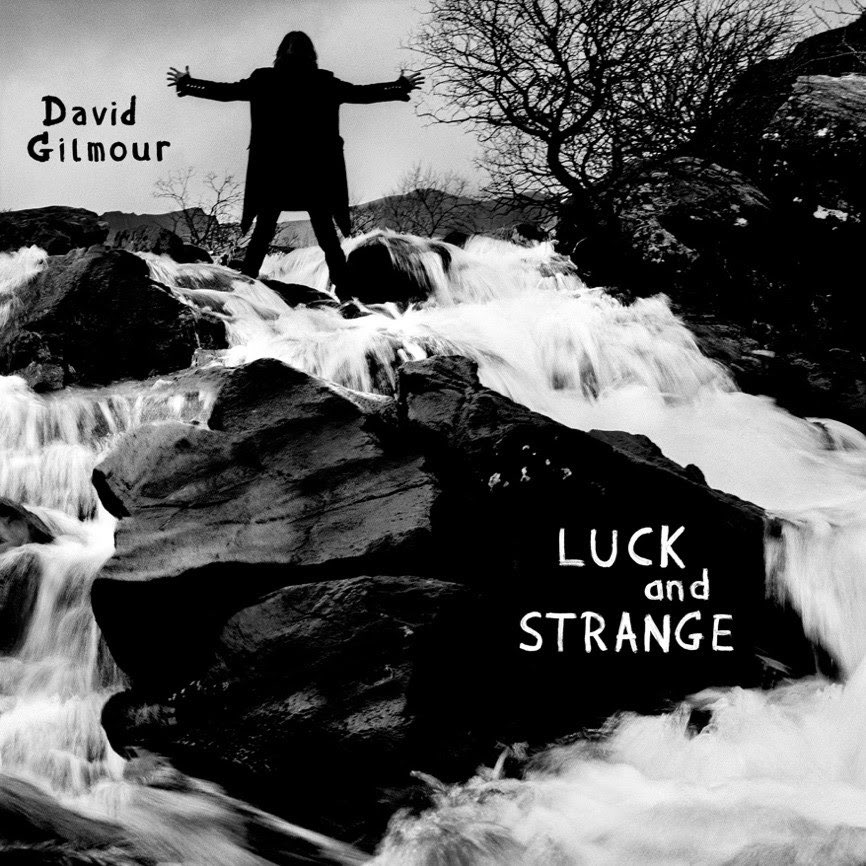David Gilmour
Luck and Strange
COLUMBIA
Five albums into his solo career, and a decade after his final LP with Pink Floyd, David Gilmour is still willingly clinging to ghosts. That’s not the worst thing, and on his new album’s title track, such cold solo ties to the vocalist and guitarist’s old band rest in posthumous tribute to their keyboardist Richard Wright in the guise of a newly found-sound jam that the Pink duo made in 2007. Now nestled as an ever-so-slightly jarring part of Luck and Strange, the union is as moodily organic as it is haunting and driven by age and sage wisdom, yet still begs the question: Can Pink Floyd ever truly be outrun and done?
For the most part, Luck and Strange answers that question with a resounding “kind of,” as Gilmour, his lyricist-poet wife Polly Samson, and newly anointed producer Charlie Andrew together broach notions of mortality with a fresh sound more angled than we’re used to hearing from the endlessly floating solo Gilmour catalog. He still parlays and thrusts as an ax-wielding soloist and a lap-steel lothario on tracks such as “The Piper’s Call,” with its lyrical looks at flame-filled fame turned to aging’s dying embers.
Yet rather than drag on as so many of Gilmour’s past efforts have, this piper’s call with its deep pulse (thanks to jazz-rock drummer Steve Gadd) has a steep—even fabulous—fall. Discourteously, Gilmour is all about quick dispatch here, hurrying as if being chased to death’s door. You wouldn’t exactly call these rushed, staccato vibes Gilmour’s punk-rock moment, but then again, how many other albums in his (or Floyd’s) past have songs as boldly and tautly expressive as the plaintive, piano-driven opener “Black Cat” and the aptly titled, 46-second “Vita Brevis”?
Rather than gone off in miniature, Gilmour has merely tightened his reins and created edit points as dramatically curt as they are experimental—even during the guitarist’s most languid sessions, such as the mini-majestic, nearly eight-minute album closer “Scattered.” There’s the bluesy title track and its noirish lyrics (“In the light before the dawn, shadows snake in my peripheral”) sung in Gilmour’s usual silken, sullen whisper. “Between Two Points,” a cover of UK dream-pop group The Montgolfier Brothers’ hit (sung here by Gilmour’s progeny, Romany), exists in a smokey, Floydian haze.
Unlike so much of Gilmour’s past work—as a solo artist or with latter-day Pink Floyd—Luck and Strange doesn’t feel as if time and its universe is open, endless, and dark; it’s chillier and finite, now. At 78, he recognizes that staying home to watch the rain with time to kill is no longer an option.







